More Teens with Eating Disorders Wound up in ER During Pandemic
 Emergency rooms across the country have seen a surge in the number of teenage girls dealing with eating and other disorders, including anxiety, depression and stress, during the pandemic, a new government report shows.
Emergency rooms across the country have seen a surge in the number of teenage girls dealing with eating and other disorders, including anxiety, depression and stress, during the pandemic, a new government report shows.
The report offers up compelling evidence about the kinds of mental health issues that have plagued a generation of adolescents. Read more ›


 Eating disorders have a devastating effect on the lives of those affected and are associated with the highest mortality rates of all mental illnesses. While they can affect anyone, there is a higher incidence of people with autism who have eating disorders compared to the general population.
Eating disorders have a devastating effect on the lives of those affected and are associated with the highest mortality rates of all mental illnesses. While they can affect anyone, there is a higher incidence of people with autism who have eating disorders compared to the general population. 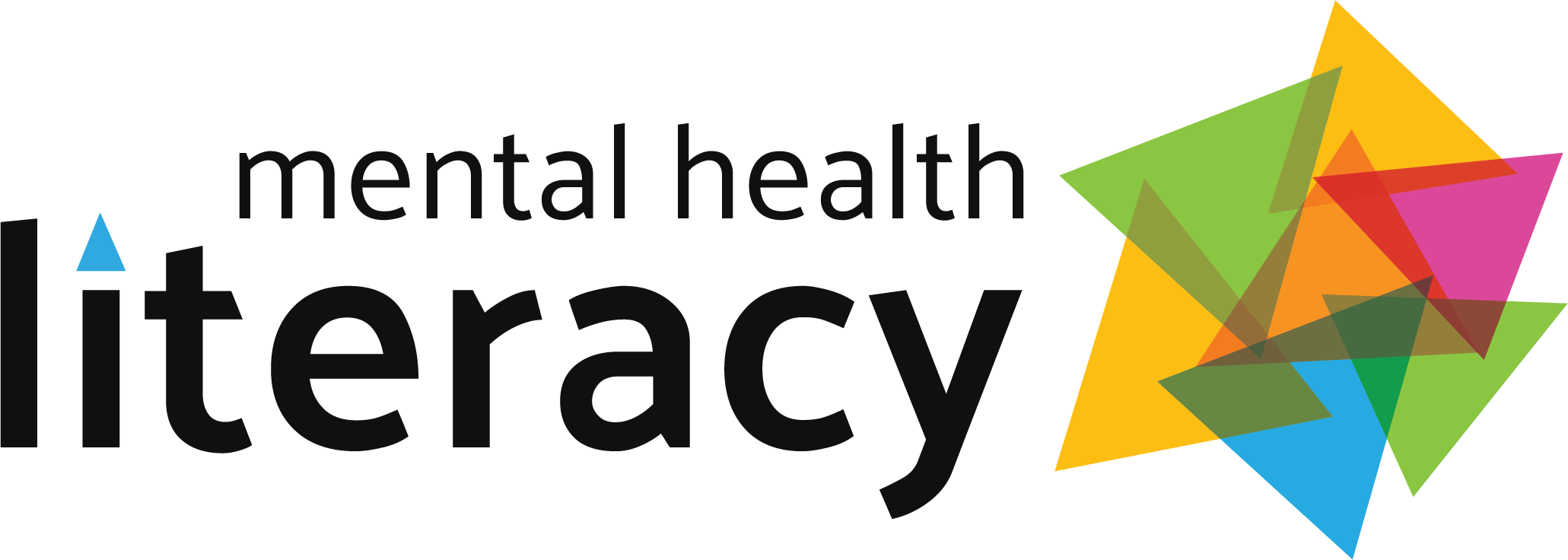


 It can be hard to get kids to agree to see a psychologist or a psychiatrist. In fact this is a common stumbling block for many parents of teenagers struggling with anything from anxiety to ADHD, depression, or an eating disorder. Adolescents need to want to get better, and be willing to work with someone to make that happen. For treatment to work kids need to buy into it, at least a little.
It can be hard to get kids to agree to see a psychologist or a psychiatrist. In fact this is a common stumbling block for many parents of teenagers struggling with anything from anxiety to ADHD, depression, or an eating disorder. Adolescents need to want to get better, and be willing to work with someone to make that happen. For treatment to work kids need to buy into it, at least a little. 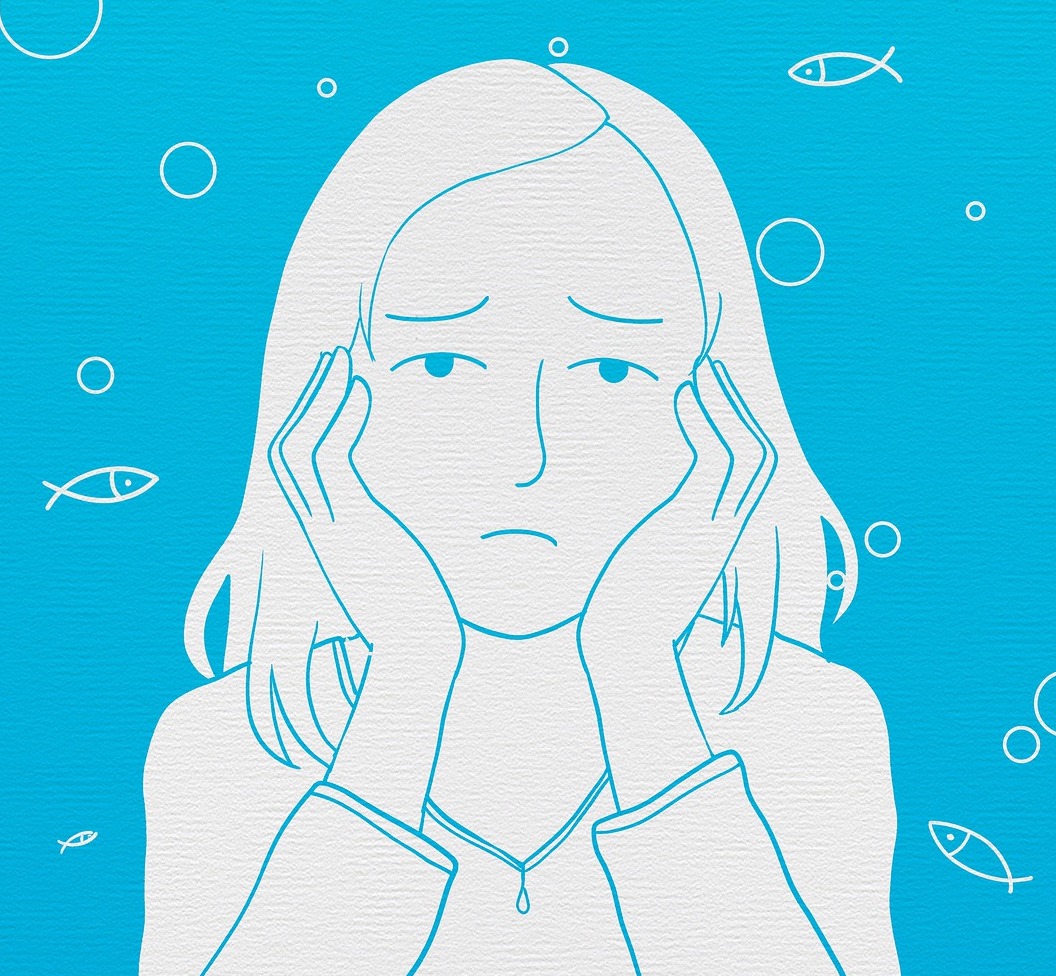
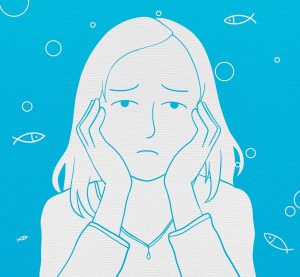
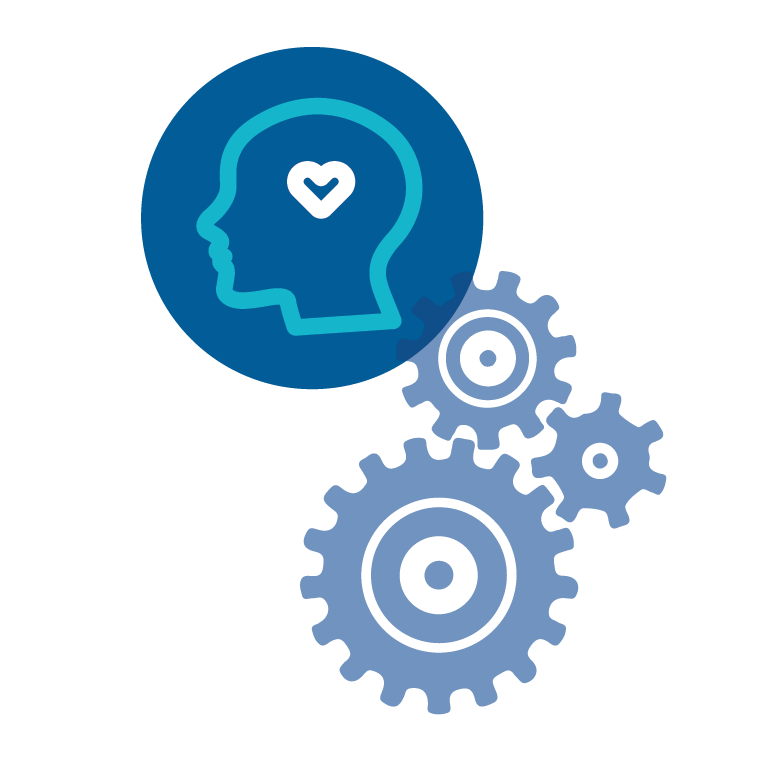
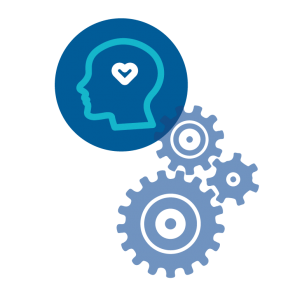 Dialectical Behavior Therapy (DBT) focuses on teaching people strategies to help them live their best and most productive life. DBT is often used to help people with depression, anxiety, borderline personality disorders, addictions, eating disorder, and PTSD.
Dialectical Behavior Therapy (DBT) focuses on teaching people strategies to help them live their best and most productive life. DBT is often used to help people with depression, anxiety, borderline personality disorders, addictions, eating disorder, and PTSD. 
 When we try to grasp for “a false sense of control” or fight against situations/emotions that we cannot change, this often leads to suffering. While there are certainly situations or circumstances in life that are within our control, often there are times when we simply are unable to change the reality of a situation.
When we try to grasp for “a false sense of control” or fight against situations/emotions that we cannot change, this often leads to suffering. While there are certainly situations or circumstances in life that are within our control, often there are times when we simply are unable to change the reality of a situation. 
 When the novel coronavirus began spreading nationwide, prompting restrictive lockdowns and fueling pervasive feelings of loneliness, anxiety, depression and stress, it didn’t take long for Marita Cooper and other experts who specialize in eating disorders to
When the novel coronavirus began spreading nationwide, prompting restrictive lockdowns and fueling pervasive feelings of loneliness, anxiety, depression and stress, it didn’t take long for Marita Cooper and other experts who specialize in eating disorders to 
 Adolescence is fraught with stressful changes, and the developing body can be one of those challenges, especially if a teen’s body doesn’t meet society’s — or that teen’s — standards.
Adolescence is fraught with stressful changes, and the developing body can be one of those challenges, especially if a teen’s body doesn’t meet society’s — or that teen’s — standards.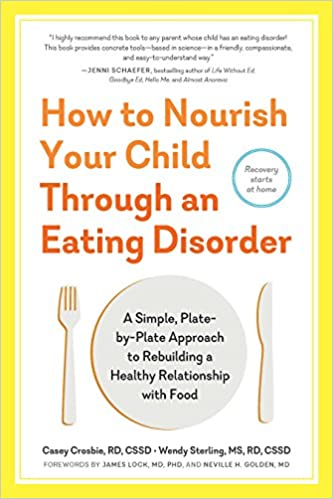
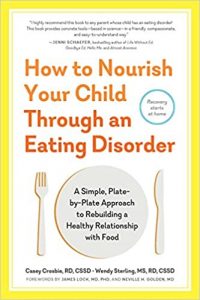 Parents are the first to know when their child starts behaving differently. Has your son stopped eating his favorite food, or does he refuse to eat out with friends? Has your daughter drastically increased her exercise regimen, or become obsessed with health foods? These are among the telltale signs that your child, like millions of others, may have an eating disorder (ED).
Parents are the first to know when their child starts behaving differently. Has your son stopped eating his favorite food, or does he refuse to eat out with friends? Has your daughter drastically increased her exercise regimen, or become obsessed with health foods? These are among the telltale signs that your child, like millions of others, may have an eating disorder (ED). 

